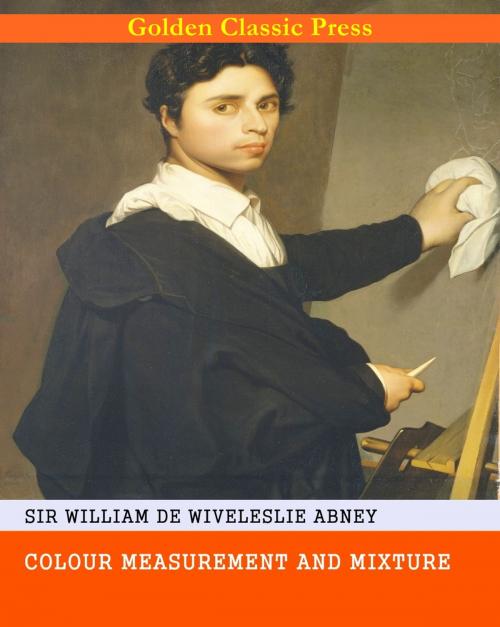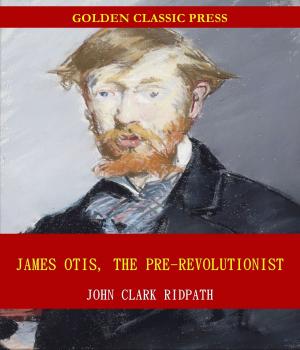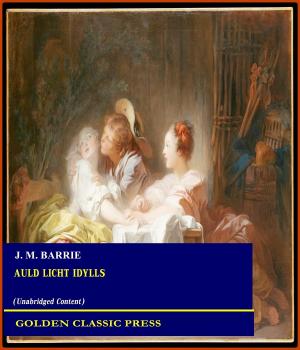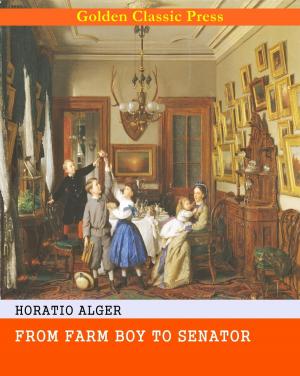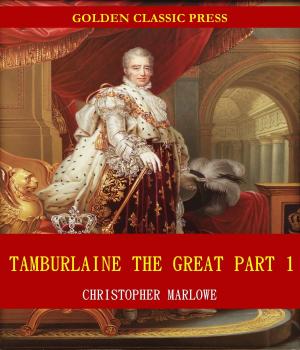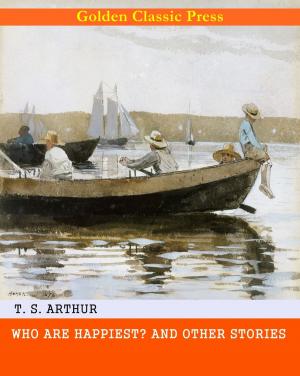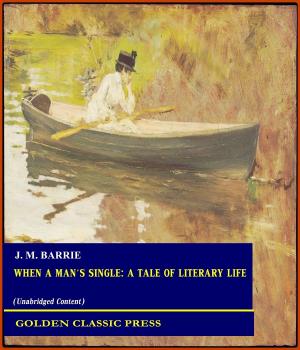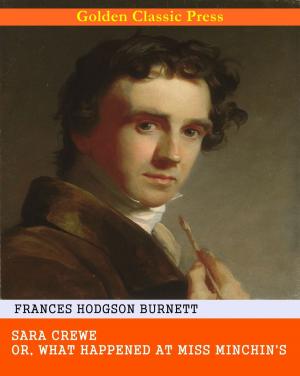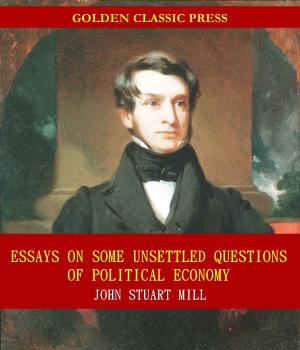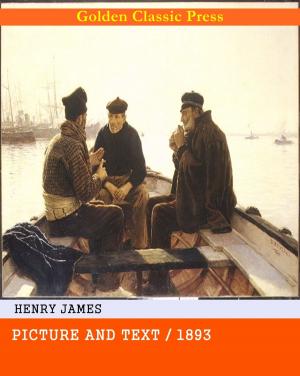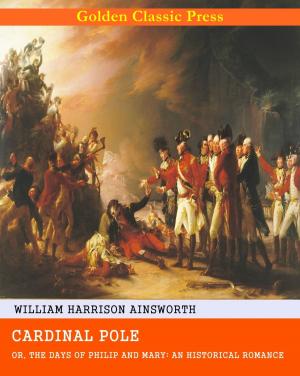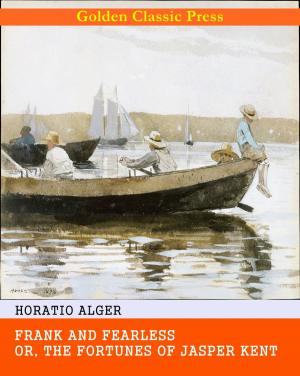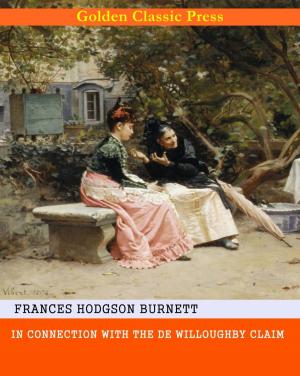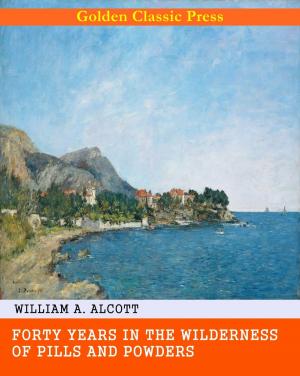Colour Measurement and Mixture
Nonfiction, Religion & Spirituality, Philosophy, Social & Cultural Studies, Social Science, History| Author: | Sir William de Wiveleslie Abney | ISBN: | 1230002936918 |
| Publisher: | GOLDEN CLASSIC PRESS | Publication: | November 28, 2018 |
| Imprint: | Language: | English |
| Author: | Sir William de Wiveleslie Abney |
| ISBN: | 1230002936918 |
| Publisher: | GOLDEN CLASSIC PRESS |
| Publication: | November 28, 2018 |
| Imprint: | |
| Language: | English |
*** Original and Unabridged Content. Made available by GOLDEN CLASSIC PRESS***
Synopsis:
Sir William de Wiveleslie Abney, (born July 24, 1843, Derby, Derbyshire, Eng.—died Dec. 3, 1920, Folkestone, Kent), a specialist in the chemistry of photography, especially noted for his development of a photographic emulsion that he used to map the solar spectrum far into the infrared.
Commissioned in the Royal Engineers (1861), he taught chemistry and photography at the School of Military Engineering at Chatham. He succeeded to various educational posts there and elsewhere.
In 1874 Abney made the first quantitative measurements of the action of light on photographic materials. In 1880 he discovered the photographic developing properties of hydroquinone. Elected to the Royal Society (1876), he also held posts with other learned societies and won various honours. He was knighted in 1900.
*** Original and Unabridged Content. Made available by GOLDEN CLASSIC PRESS***
Synopsis:
Sir William de Wiveleslie Abney, (born July 24, 1843, Derby, Derbyshire, Eng.—died Dec. 3, 1920, Folkestone, Kent), a specialist in the chemistry of photography, especially noted for his development of a photographic emulsion that he used to map the solar spectrum far into the infrared.
Commissioned in the Royal Engineers (1861), he taught chemistry and photography at the School of Military Engineering at Chatham. He succeeded to various educational posts there and elsewhere.
In 1874 Abney made the first quantitative measurements of the action of light on photographic materials. In 1880 he discovered the photographic developing properties of hydroquinone. Elected to the Royal Society (1876), he also held posts with other learned societies and won various honours. He was knighted in 1900.
